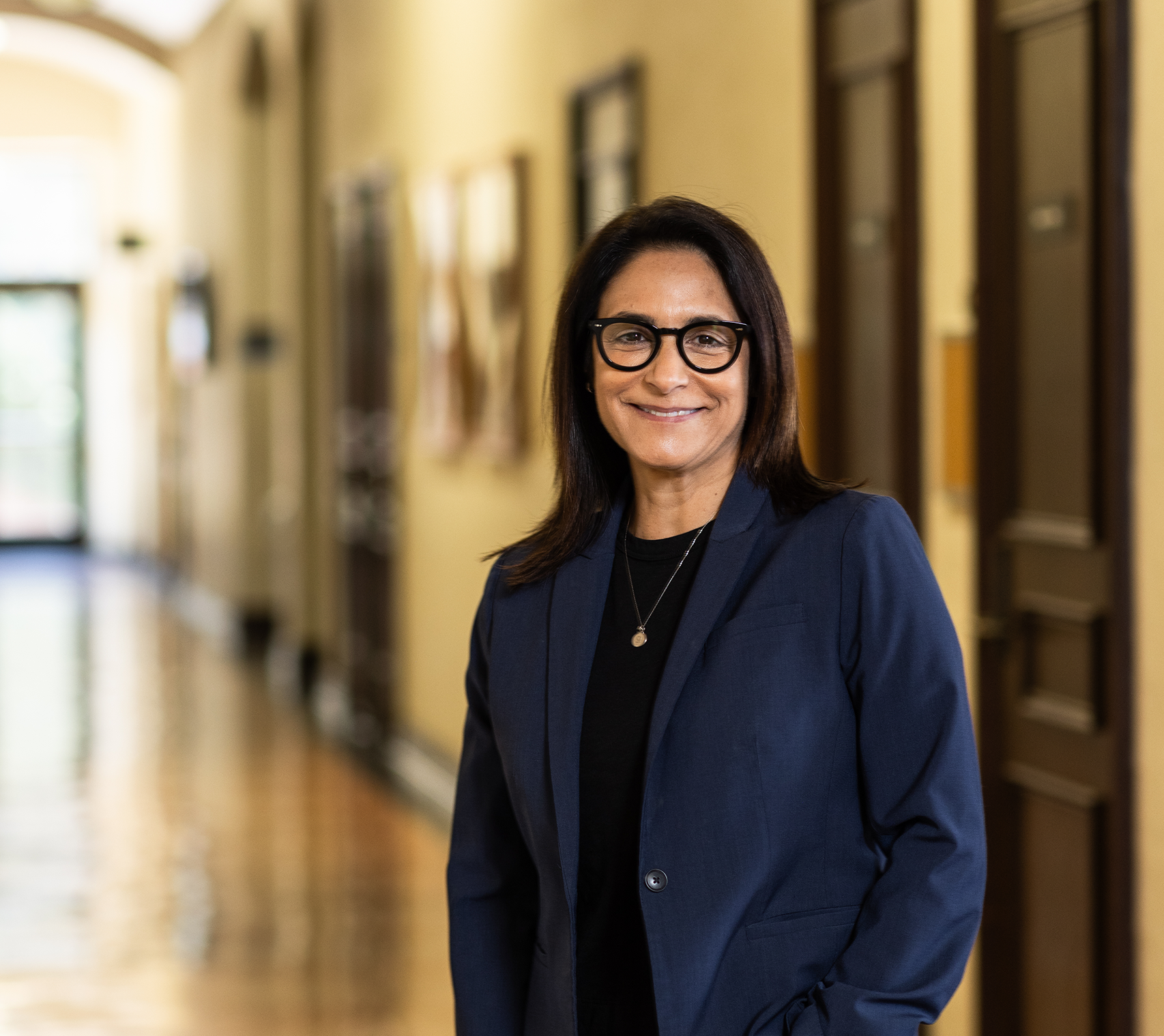
Message from UCLA Wasserman Dean
Christina A. Christie
April 2025
Dear Friends and Colleagues,
Welcome to the UCLA School of Education and Information Studies website! We hope you will explore all of the work being done in the two dynamic and synergistic departments that comprise our school.
Here at UCLA Ed&IS, faculty, students, and staff engage in rigorous scholarship that advances understanding of a broad range of issues. Our faculty are not only global and national leaders in their fields, they are also award-winning classroom teachers who see their students as partners in their work. They not only engage in and influence local, national, and global conversations around the issues of the day, but they also collaborate with Ed&IS students to push our understanding forward.
Our academic programs develop teachers, information professionals, institutional leaders, and scholar-educators. Undergraduates enroll in our bachelor’s degree program or an undergraduate minor, including a program on information and media literacy, which spans both departments. Our graduate students span 12 master’s and doctoral programs and are true partners in the work that takes place across 25 research centers. In both departments, students blend conceptual and theoretical knowledge with practical experience. Our alumni go on to lead classrooms, design information systems, and build effective institutions. They are not just scholars—they are problem-solvers, practitioners, and change-makers.
Faculty in the Department of Education have developed effective curricula, trained teachers in innovative literacy strategies, and guided educational leaders on institutional change. A key example of our commitment to effective policy and practice is our work in community schools. For more than a decade, we have collaborated with educators, families, and local organizations to support student success through the Center for Community Schooling. Faculty and students play a leading role in developing models that provide wraparound services and ensure family engagement in schools that are hubs of opportunity and support for children and their communities.
Likewise, in the Department of Information Studies, faculty oversee essential work on the 21st-century knowledge economy. Together with their students, they work to archive histories, shape policies on digital privacy, and understand the implications and use of emerging AI technology. For nearly three decades, for example, the Center for Knowledge Infrastructures has conducted collaborative research on topics such as scientific data practices and policy, scholarly communication, and open science.
I invite you to explore this website and learn more about how Ed&IS is training the next generation of educators and information professionals. And of course, if you have any questions about our work, we welcome the opportunity to connect with you. Please don’t hesitate to reach out.
Warmly,
Tina
Christina A. Christie
Wasserman Dean of Education and Information Studies